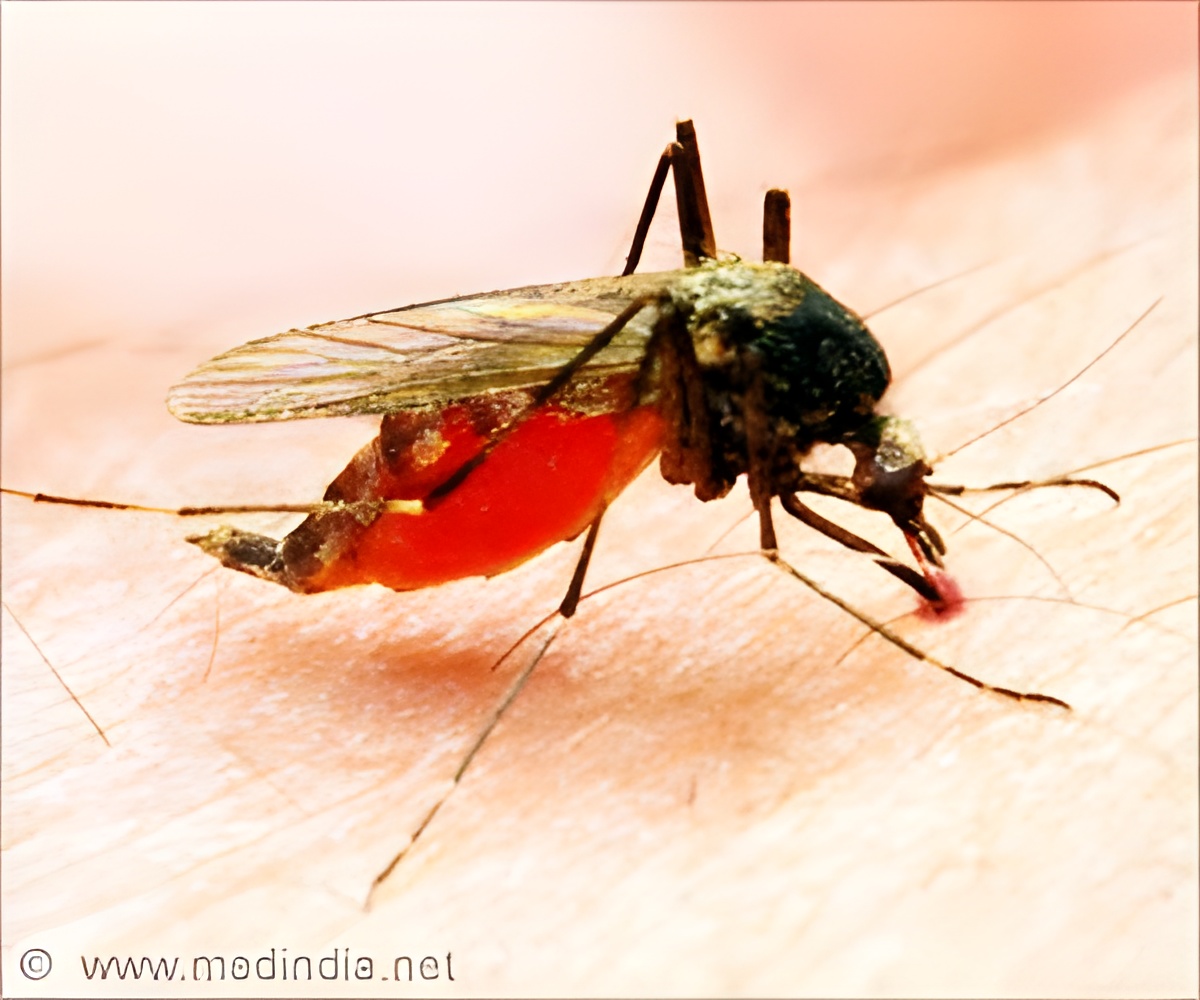Scientists at the the Hebrew University of Jerusalem have revealed the genetic trickery deployed by malarial parasite to evade human immune system attack by using long noncoding RNA to switch genes.

This sophisticated game of hide-and-seek, which involves continually alternating the foreign molecules, called antigens that can trigger an immune response, is called antigenic variation.
Previous research has shown that the antigens the parasite selectively displays are encoded by members of a gene family named var. The parasite tightly regulates the expression of these var genes so that only one is expressed at any given time, while the rest of the family is maintained silent.
This study found that at the precise moment in the cell cycle when a specific var gene is active, corresponding RNA molecules (of a type called long non-coding RNA) are present, which incorporate themselves into DNA structures, and determine how the parasite selects a single gene for expression while the rest of the family is kept silent.
Researcher Ron Dzikowski said that they believe this breakthrough has exposed the tip of the iceberg in understanding how the deadliest malaria parasite regulates the selective expression of its genes, enabling it to evade the immune system.
Dzikowski added that understanding the mechanisms by which the parasite evades immunity takes them closer to finding ways to either block this ability, or force the parasite to expose its entire antigenic repertoire and thus allow the human immune system to overcome the disease. Such findings can help pave the way for development of new therapies and vaccines for malaria.
Advertisement
Source-Medindia













